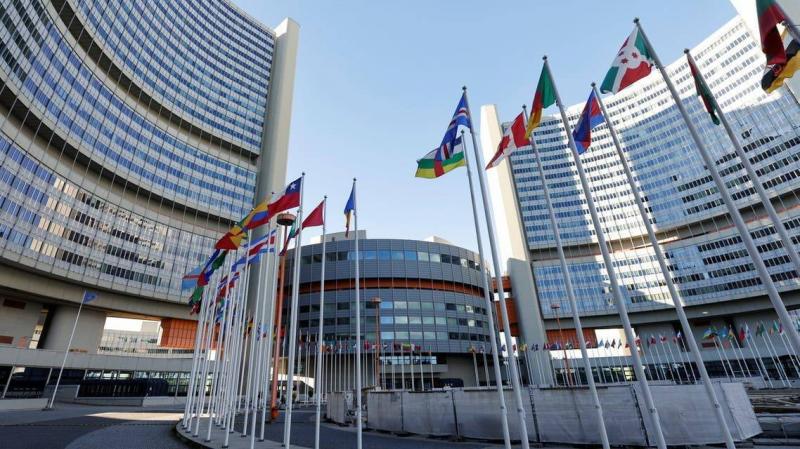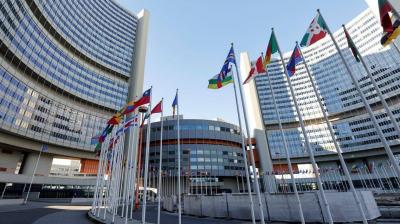Under the title "Iran Bargains: Monitoring Nuclear Facilities in Exchange for Vienna Negotiations," Al-Arabiya reported that while the International Atomic Energy Agency (IAEA) awaits a response from Iran—one that has not yet materialized, even after more than a week since the expiration of a temporary technical agreement regarding the monitoring of nuclear facilities in the country—an Iranian official revealed the reason behind this Iranian delay.
The mentioned official confirmed that Iran plans to prevent IAEA inspectors from accessing footage from surveillance cameras at certain nuclear sites until an agreement is reached regarding the nuclear issue during the Vienna talks, which have not yet been scheduled for their seventh round that was supposed to start earlier this month, according to previous statements from informed officials and diplomats.
He added, as reported by CNN: "If the talks succeed, Iran will certainly present the tapes to the IAEA." He further clarified that the sharing of that recorded footage depends on how the negotiations unfold.
With this condition, the door to cooperation is opened. He stressed that the key to a solution lies in Vienna; if participants agree on something, a path to cooperation and understanding with the nuclear agency will be opened.
It is worth noting that a temporary agreement made in February between the agency and Tehran ended last May, then extended for a month, and expired on June 24. However, Iranian authorities did not respond to the agency's request for an extension or to reach a new agreement, as previously announced by IAEA Director Rafael Grossi. Just days ago, Tehran confirmed that it had not yet decided whether to extend the agreement.
**Routine Visit?**
Kazem Gharib Abadi, Iran's envoy to the IAEA, announced on Saturday that IAEA Deputy Director General Massimo Aparo will visit Iran in the coming days for "routine" matters, but he denied that discussions about the monitoring agreement would be on the agenda.
Aparo’s planned visit, as head of IAEA inspectors, comes days after diplomats said that Iran is restricting access for UN nuclear inspectors to the Natanz uranium enrichment facility, citing security concerns following Tehran's announcement of an Israeli attack on the site last April.




